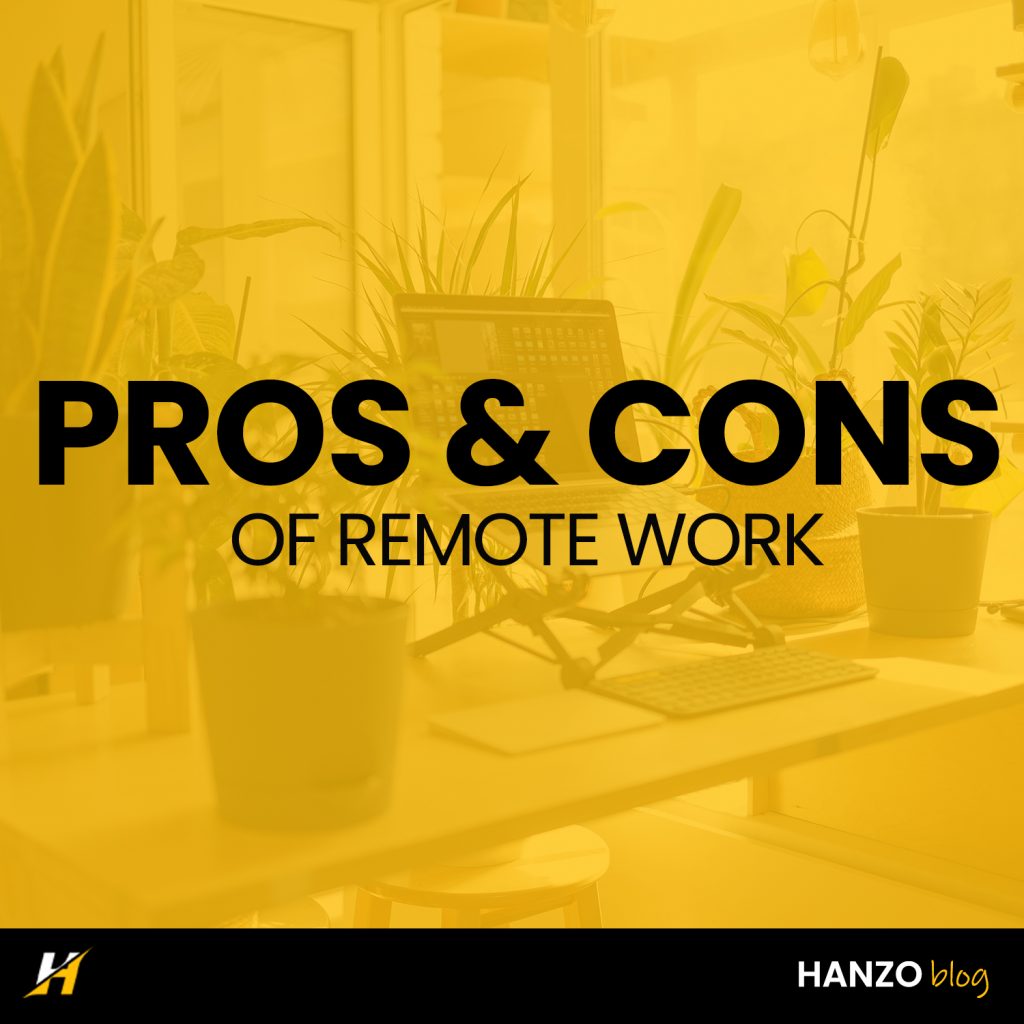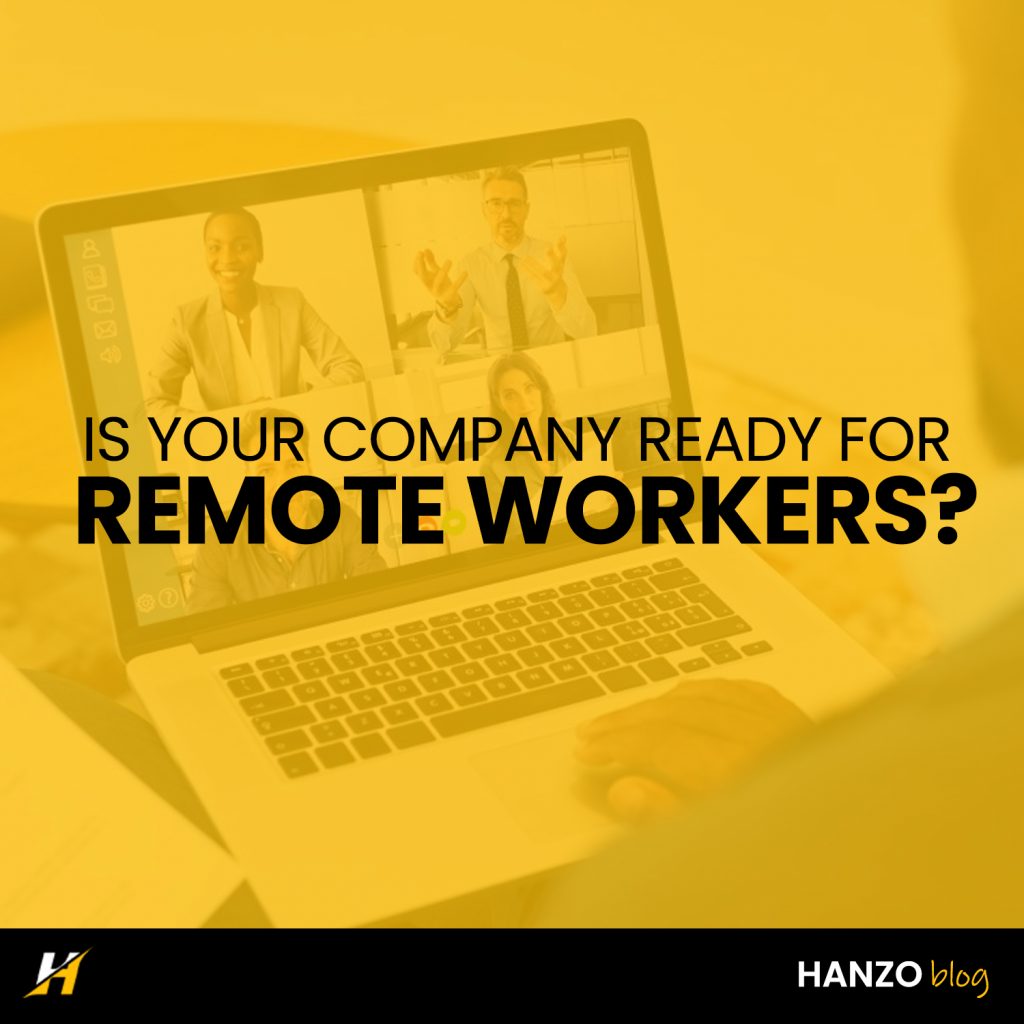What are the benefits of working from home?
It is a good idea to give employees the ability to work remotely or at home. This will help your employees’ well-being and increase your company’s profitability. These benefits should be a top priority when you create your company’s Work From Home Policy. Here are the top reasons a Work From Home Policy can be a good fit for your company.

It is a sign of trust
Employee engagement drives performance. The more invested employees are in the company’s success, the more they will go the extra mile to achieve their goals. Therefore, it is essential to show your employees that you trust them enough to allow them to work remotely. This helps build engagement.
It allows employees to take back their time
The average American commute takes 52 minutes each day. Employees will have more time for their families, hobbies, and jobs if they choose.
It allows for focused work
Another advantage of working from home is the lack of distractions at work. Many companies, including SnackNation, have designated days for remote work. In addition, team members are encouraged to schedule tasks that require intense concentration (like writing, planning, or strategizing) to maximize efficiency.
This reduces absenteeism
Employees who feel sick are more likely to spread the illness to others. This results in a more productive and healthy team. This phenomenon is evident during the annual flu and cold seasons and in rare cases of pandemics like COVID-19.
This can lead to well-rounded employees
People who live a healthy life, have a wonderful social life and find time for their passion projects and hobbies make better workers. Remote work can allow your project manager to pick up his child from school and arrange weekly happy hour with friends or enroll in the programming class he has wanted to take. Employees who are happy in their personal lives tend to be more fulfilled at work.
What are the potential risks of working from home?
Remote work has its risks. So when you create your Work From Home Policy, be sure to protect yourself from the potential risks.

It is not always easy to set boundaries
We repeatedly hear that it can be challenging to let go of your work brain and relax. Many employees spend their entire day checking emails or working from the moment they wake up until the time they fall asleep. This is a recipe for burnout.
It can feel isolating
It can be isolating. A depressed mood can be caused by too much alone time. A lack of contact with the office can cause employees to feel disconnected from their company. A well-designed Workplace Experience gives employees a sense of belonging to the company. It is less effective if you spend too much time away.
This eliminates the chance for serendipitous interactions
This allows for spontaneity between people from different organizations. This was a principle that Steve Jobs advocated when designing the Apple or Pixar offices.
There may be other distractions
Working from home can eliminate typical office distractions like chatty coworkers. However, employee homes are often not optimized for work. This can encourage workday procrastination.
Many remote workers find themselves working on a couch or a bed simply because they don’t have a suitable desk or table. They might also turn on the TV to provide background noise… and then end up spending their entire day watching it.
Employers who have access to a meal, snack, or coffee program may see their employees run multiple times a day for coffee or lunch. This is because they are not used to planning meals, snacks, and coffee.



